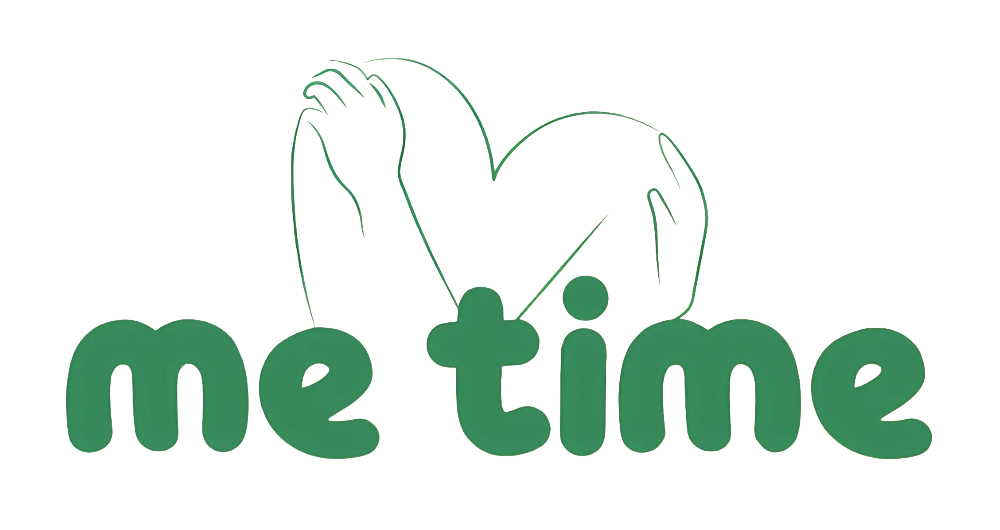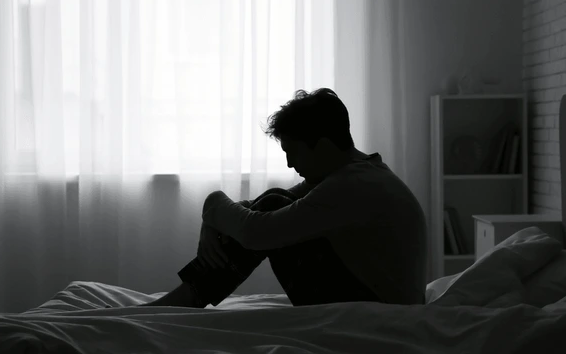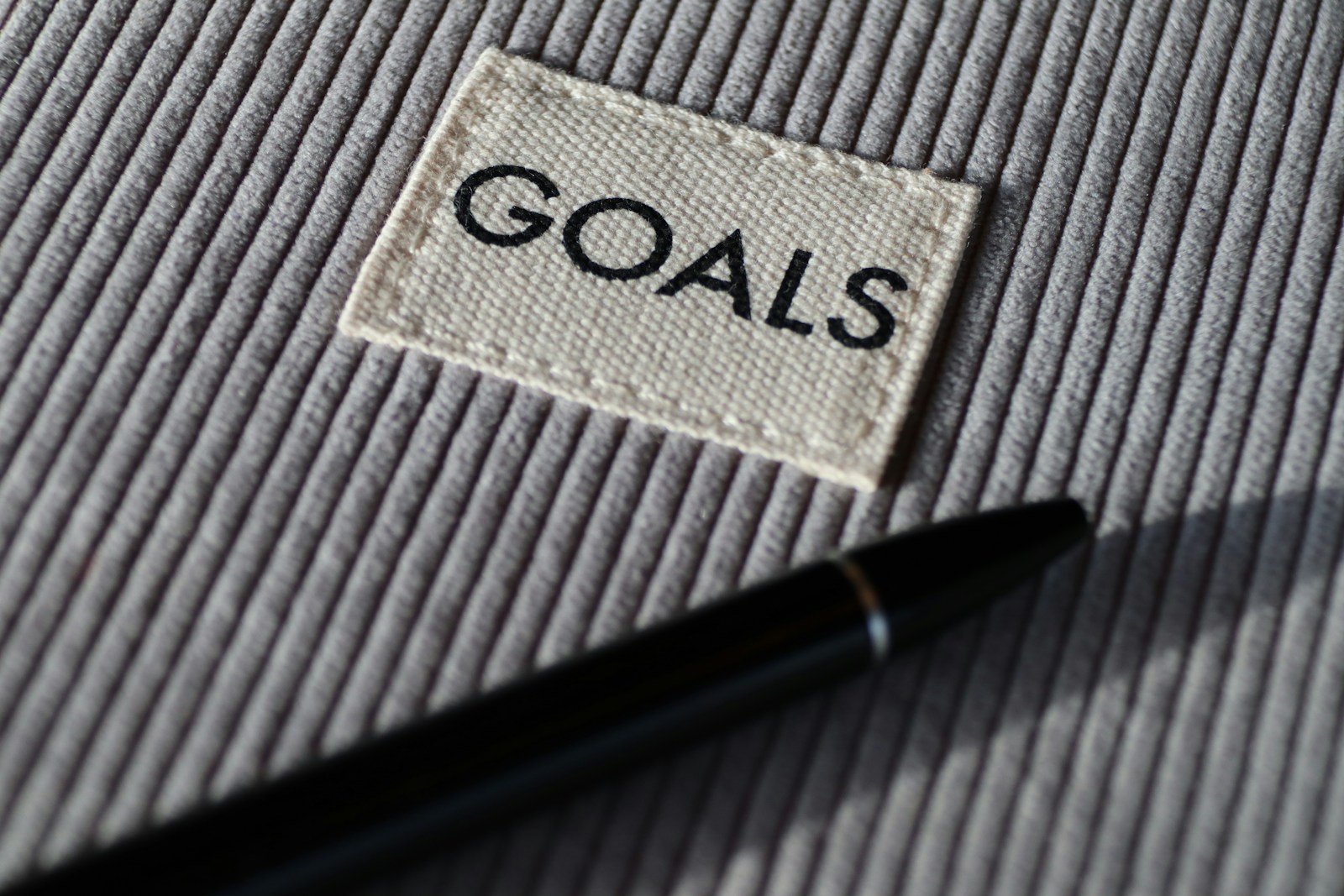In November 2003, two friends entered a bar in Australia, as they did every day. During the conversation, an idea was born: to grow a moustache as a sign of spreading awareness about men’s issues. This seemingly naïve and almost thoughtless idea created a domino effect that led to the foundation of a nonprofit organization, which has raised millions of dollars, and funded over 1,320 men’s health projects around the world, aimed at improving men’s mental health, and made November synonymous with Men’s Mental Health Month. Their names are Travis Garone and Luke Slattery. But what exactly are the issues these men face and why?

One of the most shocking statistics about men is that they have higher suicide rates in almost every country in the world. Every hour, sixty men take their own lives. It could be famous writers such as Ernest Hemiway, renowned chefs like Anthony Bourdain, or a thousand ordinary unknown men. It does not discriminate and this is the tip of the iceberg. Underneath lies a series of unchecked struggles, for example addiction.
When I walked the street of the Netherlands, I often saw men gathered outside of coffee shops. Similarly, when I worked in the rehab center, most of the clients were men. It harms their live life, forces them into unemployment, and makes their life unmanageable. Usually, behind and along the addiction there were issues with loneliness, high dropout rates from university, and pressure to provide and appear tough. Today’s male population struggles in multiple directions. Rarely there is acknowledgment and a pause for introspection.
Reflective questions to ask yourself about your life and mental health.
When was the last time someone asked a truly personal question?
When was the last time a gathering with friends wasn’t about a sport, relationships, or politics?
When was the last time someone saw your vulnerable side?
Do you feel safe to expressing your true struggles? What do you think would happen if you did?
Have you ever been told that boys do not cry?
Do you show yourself only at your best, or also at your worst? Do you mask or isolate yourself?
Do you feel life is competitive, unsafe, and unforgiving?
Do you struggle to control your use of alcohol, video game, gambling, porn consumption, or workaholism?
Do you feel lonely?
I could struggle to answer some of these questions, and so would many of my male friends, relative and clients. You are not the only one even if it seems so. It’s a common knowledge, yet so difficult to address the actual reasons of it without falling into extremes. A heated debate is surrounding the effects of masculinity and its potential toxicity on men’s mental health.

In recent times, the harmful aspects of masculinity such as dominance, aggression as a mean of control, and emotional suppression, have been amplified by a number of male influencers, such as Andrew Tate. In response, there has been a growing rejection of masculinity altogether, dismissing not only its harmful elements but also its valuable traits, without offering a healthier alternative. However, the goal should not be to reject masculinity, but to redefine it. How?
- Emotional resilience is not synonymous with stoicism.
When I was conducting intakes at a treatment center. I noticed a common complaint among the men who seek therapy. Most of them felt unable to process their stress, sadness, and anxiety. They appeared stoic to maintain an image, but their emotional world was completely dysregulated. When collectively men mask their emotion, it creates disconnection and a false persona and the paradoxical a situation that all men would benefit from sharing, but it’s so challenging to break the norm and take action.
In another case, I did observe that when an emotion (such as shame or sadness) was expressed, it took the form of anger and aggression, which is not surprising because sadness demotivated you, decreased your movements, and without support or help, it was difficult to be energized. On the contrary, anger motivates and energizes, quite helpful to deal with life’s challenges, with the cost of relationships and internal peace.
Allowing yourself to feel and seek treatment is a sign of emotional resilience.
- Eliminate harmful traits of unhealthy masculinity.
The first step is always self-reflection. Do you replay any of the stereotypes and harmful behaviors in your life? Are you part of the problem or the solution? It is an uncomfortable introspection, but important nonetheless. In my case, I also used to hesitate to share my troubles with my male friends. In times I attempted it, their reaction was turning into a joke, or an immature reaction, as a self-fulling prophecy, if we don’t share, we don’t develop the skills to listen. It took effort and repeated attempts to build from scratch that level of understanding and create a space to feel safe and secure to be vulnerable.
Another example is a male client had a series of unsatisfactory relationship. At first, it was easy for him to blame his partners, but over time he took responsible introspective into his own patterns and behavior, realizing that he was attracted to seemingly helpless individuals, and that his confused attraction with feeling important. Recognizing this was the turning point to address and break free from his old habits and move towards building a more stable and genuinely fulfilling relationship.
- Cultivate strengths to build a meaningful life.
Martin Seligman has a very interesting theory of human strengths. After examining which traits were praised across time and space, for example, from medieval Italy to modern day America, came with the conclusion of 24 universal character strengths. A lot of them corresponded with traditional feminism, such as teamwork or empathy, and masculine, such as bravery and perseverance. However, why limit it to one category? Why people are socialized to one condition or another.
When I was leading a workshop at a school in the Netherlands, I asked the children at the end what makes them happy. The boys gave short, simple answers like toys, games, running and the girls gave longer more detailed answers such as friendship, talking with people you love, being close to someone sad and comforting them. This socialization not only started early on but it limits the perspective of children. Though, it is essential to have mental flexibility and nurture both sets of strengths, to address the multiple daily challenges. In other words, a healthy masculinity does not view femininity as a threat but as another source of inspiration.

A small step at a time
Redefining masculinity, expanding it, and removing its negative elements is a difficult and long process. It is important to remember the quote by Henry David Thoreau that most men live lives of quiet desperation. Another perspective is that your father, brother, partner, friend, or even yourself might be tremendously unhappy, and simply carry on each day. This complete disconnection between their internal and external world creates an environment of pathology, and more often, it only becomes apparent when it is too late. So, redefining and finding a healthier form is essential for men’s mental health.
As a caring member, what do you do?
Do not wait for them to open up and share their difficulties. In a gentle way, attempt to check in with them and simply ask how they are doing. Ask not just superficially, but with genuine curiosity about their feelings and well-being. How they are, their work, and their feelings. It can encourage them to express themselves. I have personally witnessed several of them open in a safe setting.
If you discover that you repeat the same harmful patterns. What do you do?
It is important to remember that even if it sounds obvious, without sharing, your surrounding remains unaware of your pain and suffering, and without reaching out, it will be quite challenging for them to notice and offer their support.
Closing remarks
Either you or your friends, compassion is the key. It is important to be compassionate and understand its importance. It has been a generational issue, how men are raised and, as their result, they raise the next generation. It will not be unlikely that boys don’t cry. It was also told to our fathers from there, and their fathers from theirs as well. Aiming to break this cycle requires time, and it happens gradually, as the phrase says, if you want to change the course of a river, you don’t change the river; rather, you place small stones, and it will change so slowly, it will go unnoticed.
Lastly, I would like to share some useful mantras to remember. You can silently repeat them in daily moments. When you are on the bus, alone at night, surfing on the internet, or going or returning from the supermarket.
‘’You are not your job, your bank account, or your productivity’’
‘’Everyone deserves to be heard and be appreciated’’
‘’You are worthy of love, care, and attention’’
‘’Crying is authenticity, human and powerful’’
‘’You are not alone; you haven’t found a connection yet’’











